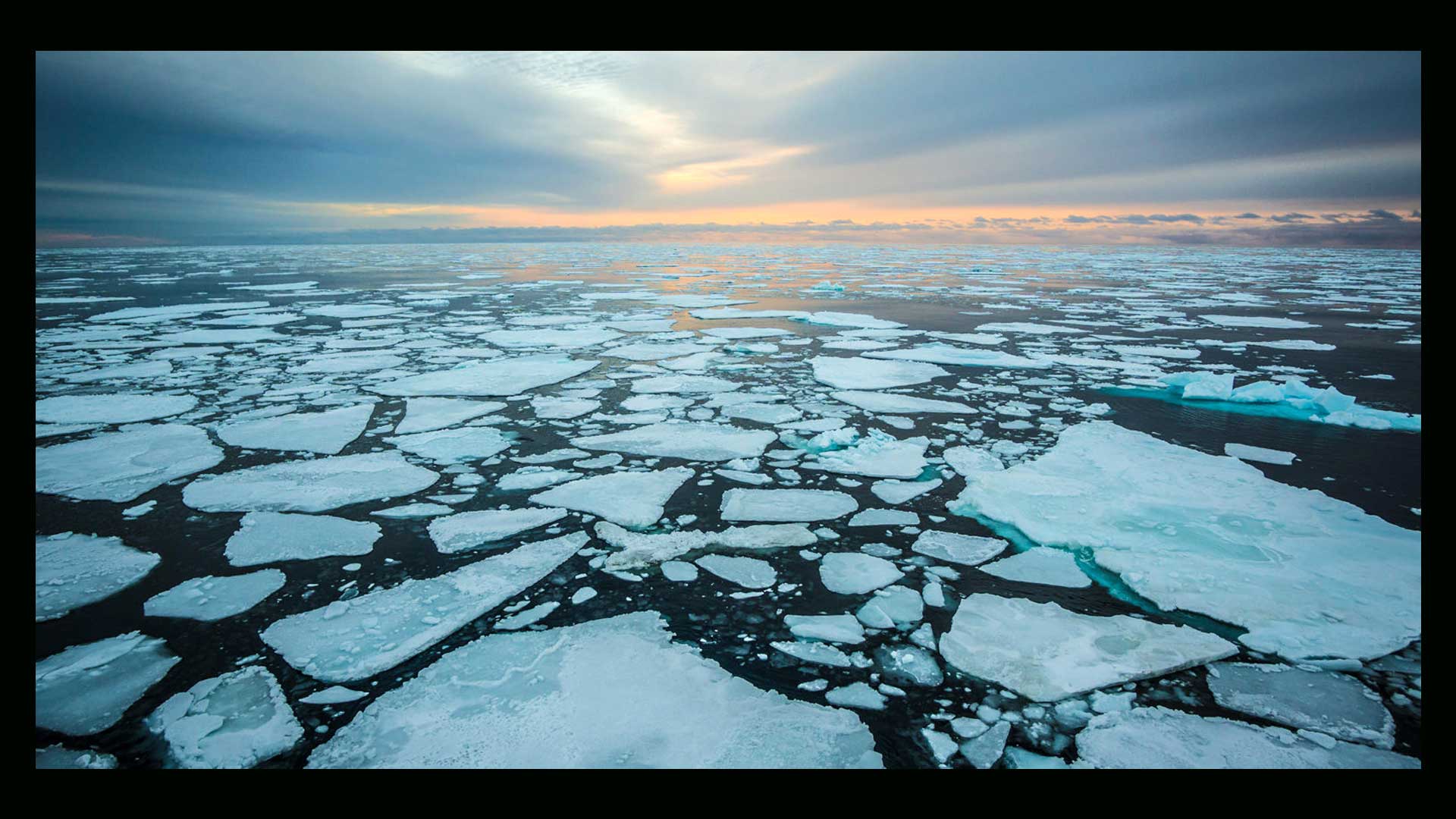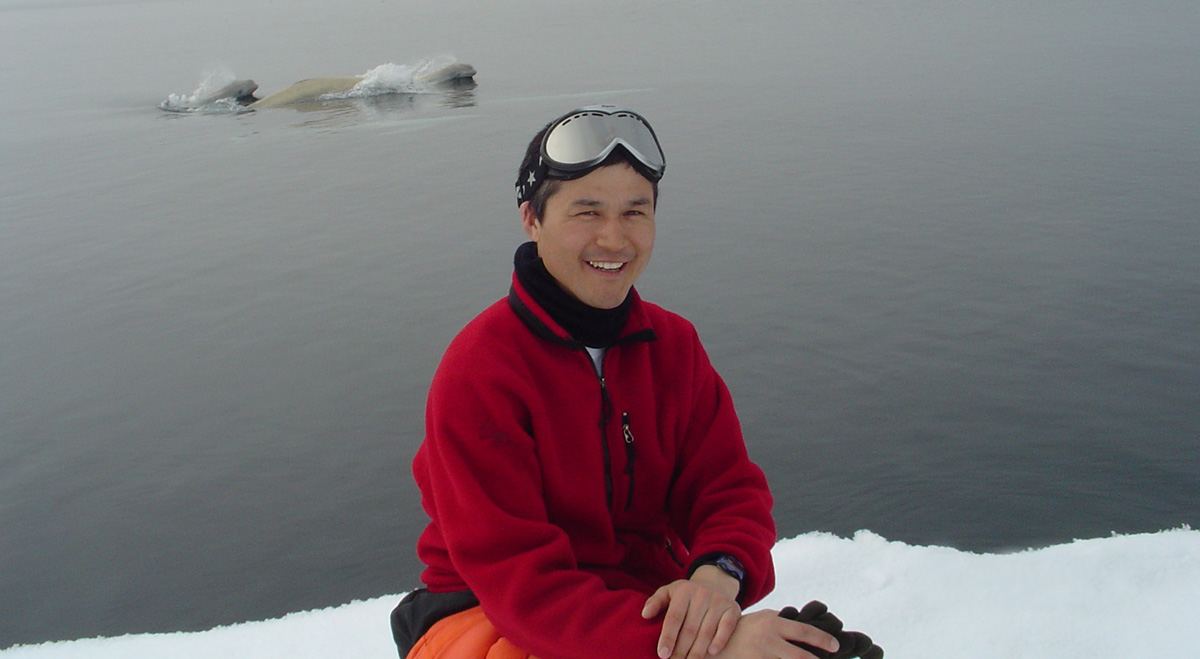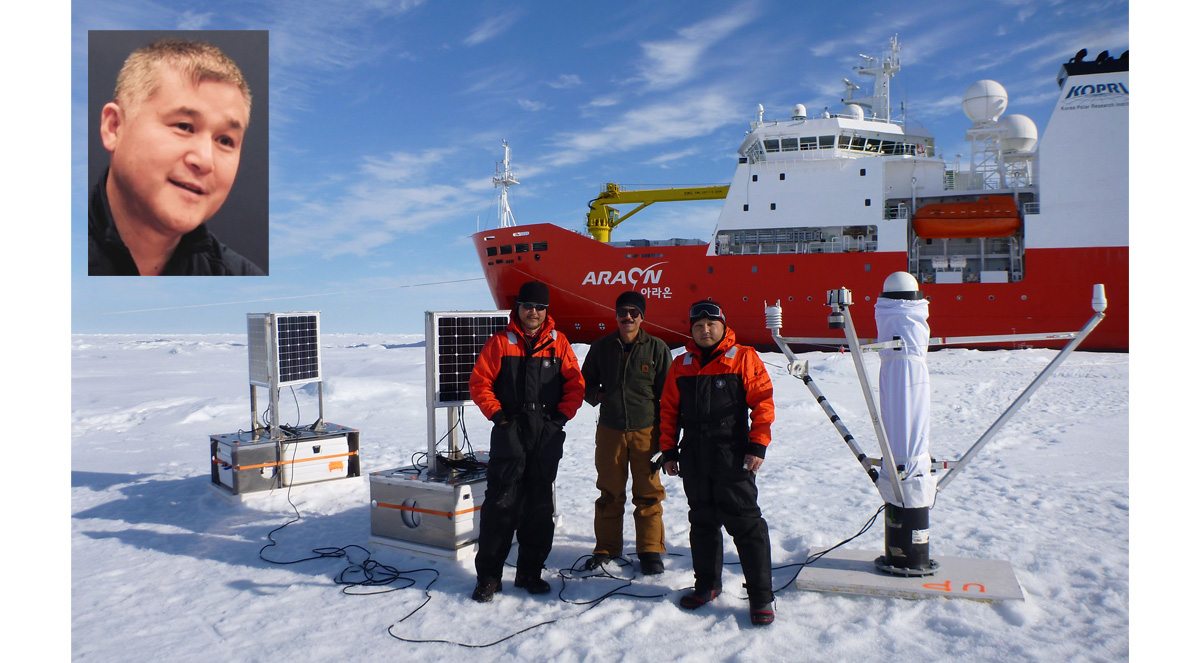
Life below water 2023
Research
The University of Huddersfield’s research includes some which is relevant to the maintenance of marine ecosystems and their biodiversity. For example, the longstanding tradition of work in geography and environmental science which has recently been reinforced by the formation of Geography group in the School of Applied Sciences has meant the arrival of researchers with relevant interests.
Dr Phil Hwang is one of those who contributes, in his case to work on the Arctic, for example working with sea ice/climate modelling scientists within the NERC MIZ project to improve the marginal ice zone physics in climate models. He also has involvement in the NERC Changing Arctic Ocean programme, providing sea ice data/analysis to the programme collaborators. He is responsible for a NERC MOSAiC project investigating the year-long sea ice dynamics and their effect on sea ice breakup/melting in summer. Similarly, the University was a partner with South East Water on the project entitled CatchmentLIFE supported by the Ofwat £2 million Innovation in Water Challenge (IWC). The project addresses how different pressures impact freshwater wildlife, and aims to identify collaborative options to resolve issues at the root-cause. In the longer term, CatchmentLIFE could be used as a national tool to improve the ecological condition of waterways.


Operations
Also of direct relevance is the University’s work to reduce plastics, for example their elimination from catering services’ activity.
Public and Business Engagement
Further, the University aims to enhance ecosystems in its immediate vicinity and is exploring the potential to support peatland restoration as part of its proposed programme of carbon mitigation.